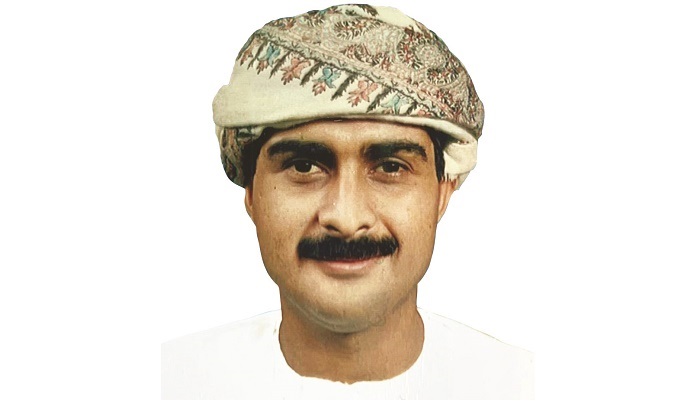
NATIONAL DAY SPECIAL: Oman has widely been portrayed as a major international peace broker in the turbulent region negotiating delicately the political imbalance between its neighbours and the super powers.
The latest one is the mending of more than a decade of hostilities when Oman, working with China, restored diplomatic ties between Saudi Arabia and Iran in June this year. Also this year, Oman worked tirelessly behind the scenes to reinstate Syria back into the Arab League.
Three months before that, Oman silently negotiated a truce with its neighbours the United Arab Emirates (UAE) and Yemen towards a peaceful solution. Currently, Oman is mediating a permanent solution in Palestine by pulling in superpowers in an attempt to forge ahead with a peace truce between Israel and the explosive situation in Ghaza.
The Sultanate is the only country in the Arabian Peninsula, which is made up by Bahrain, Iran, Iraq, Kuwait, Qatar, Saudi Arabia, UAE and Yemen, which is at the junction of Middle East, Africa, Asia and the Southeast. From its northern enclave of Musandam, Oman controls part of the strategic sea of the Strait of Hormuz, where over half of the world’s oil and gas supplies pass through on daily basis to international customers.
Oman’s immunity in dealing with international crises is based on its neutrality while at the same time forging an alliance with the rest of the GCC states by maintaining its foreign policies independent beyond the region with the superpowers, both in the West and the East. In an article in the New York Times, Oman was described as the ‘cool head on the body of the Middle East’ to balance out constant regional pressures.
But Oman’s geo-political stand on the region and connection with the world at large goes back for many centuries. The Sultanate has been using the maritime highways to connect to the rest of the world for over 500 years, long before Vasco da Gama or Christopher Columbus were born. The dhows of Omani sailors ploughed the oceans to ‘new countries,’ the term veteran seaman Ahmed bin Majid Al-Saadi wrote in his maritime records, to understand the cultures of different people on the globe.
Oman was an important destination for the Silk Route in the 7th century when traders from different countries used Omani boats to sail to China. Using this lucrative route, Omanis used their maritime skills stopping over each port of Eastern European countries to China.
Three centuries later, Omanis presence in East and Central Africa mediated many truces among the feuding tribal chiefs to reach a peaceful settlements for their people. These old records show that the mediation skills of Omanis are not new.
So is Oman’s diplomatic skills.
In 1840, Sayyid Said bin Sultan, the then Sultan of Oman, sent a Special Envoy Ahmad bin Naaman Al-Kaabi to the United States in a ship specially built for the occasion. On record, he was the first Envoy from the Arab world to start a diplomatic tie with the United States. To sum up Oman’s international diplomatic and mediation skills, Oman’s Foreign Minister Sayyid Badr Al Busaidi was quoted by the media as saying, “Our neutrality is not passive. It’s constructive, it’s positive and proactive.”
Adding that “we really stick to the principle of creating a sustainable environment for peace, security and stability so that our people and our generations can prosper.”